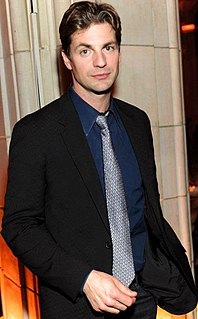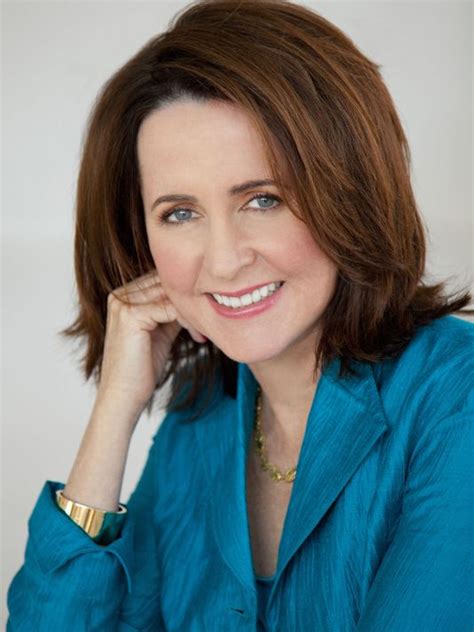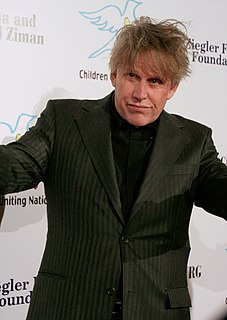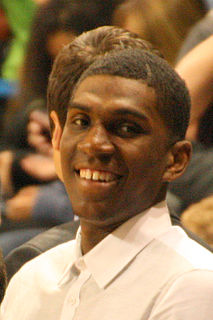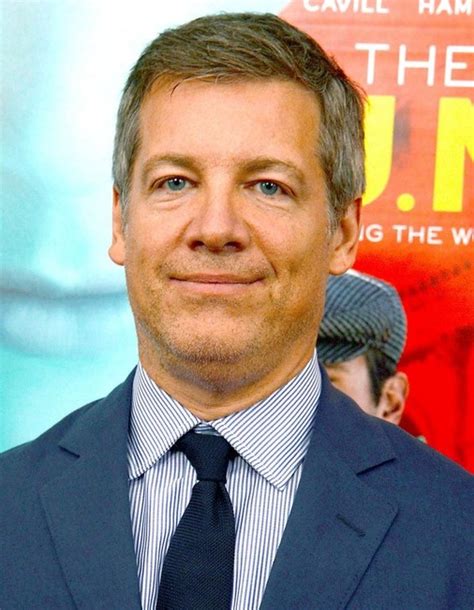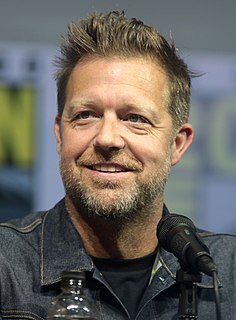A Quote by Amy Poehler
Don't start a scene where two people are talking about jumping out of a plane. Start the scene having already jumped. If you are scared, look into your partner's eyes. You will feel better.
Related Quotes
I moved to Chicago in the early 1990s and I studied improvisation there. I learned some rules that I try to apply still today: Listen. Say yes. Live in the moment. Make sure you play with people who have your back. Make big choices early and often. Don't start a scene where two people are talking about jumping out of a plane. Start the scene having already jumped. If you're scared, look into your partner's eyes — you will feel better.
You are preparing yourself for a scene, and the most important thing is to remain emotionally available and remain in the moment with your scene partner. You don't want to let your own self-consciousness block the flow of creativity that's coming out so that you can act and react, and play what the scene is all about.
Sometimes I'll have a scene that strikes me, I just feel like writing a scene, a mini-story that seems like it might lead somewhere. But that is such a tentative, fishing-hook way to go about it that these days I've found it's easier to kind of at least have your concept and start attaching things to a skeleton. So I try to find the armature, the kind of backbone of it first that you can start to hang those scenes on.
The acting background helped a lot when I started writing. I was training for it. In acting class they teach you about the stakes in a scene (and) what motivates characters. When you bring a scene to class - as an actor with your scene partner - you have to do everything. There's no producer, set decorator or anything like that. You and you partner have to do everything and that's kind of like facing the blank page as a writer.
The stage is the opposite: you are talking loud so you can project to the back row and you know the whole play. In a movie, you are scene-to-scene; you only know the purpose of that scene. On the stage, that is artistic science. It is real, it is loving, it is truthfully you. It is two different formulas to make two different art pieces, but it is all about truth.
have a much harder time writing stories than novels. I need the expansiveness of a novel and the propulsive energy it provides. When I think about scene - and when I teach scene writing - I'm thinking about questions. What questions are raised by a scene? What questions are answered? What questions persist from scene to scene to scene?

